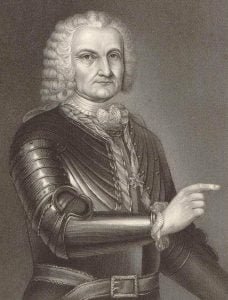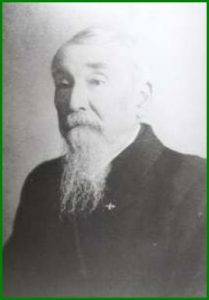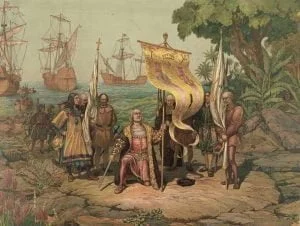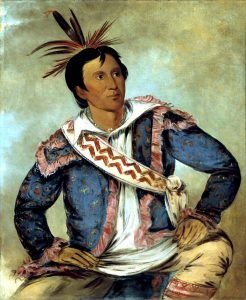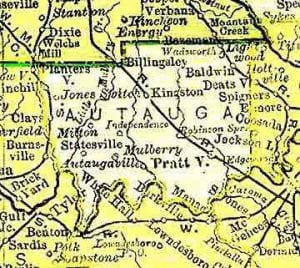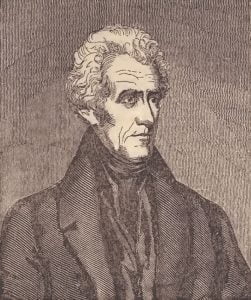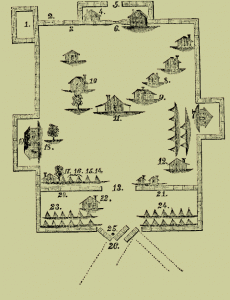Gov. Perier and Bienville
While the English east of the Alleghany mountains were adopting active, but secret measures, to stop the progress of French colonization on the banks of the Mississippi river, their traders were meeting the French traders every where among the southern Indians, and their mutual animosity and competition causing frequent quarrels, oft terminating in collisions, in which the unfortunate Indians always became involved on the one or the other side. But the French, at an; early day had excited the animosity of the Chickasaws by failing to protect a band of their warriors who had solicited an escort from Mobile to … Read more

